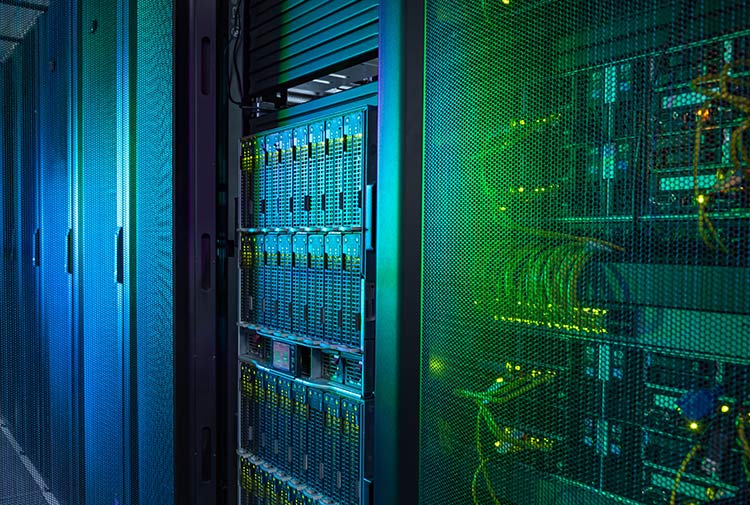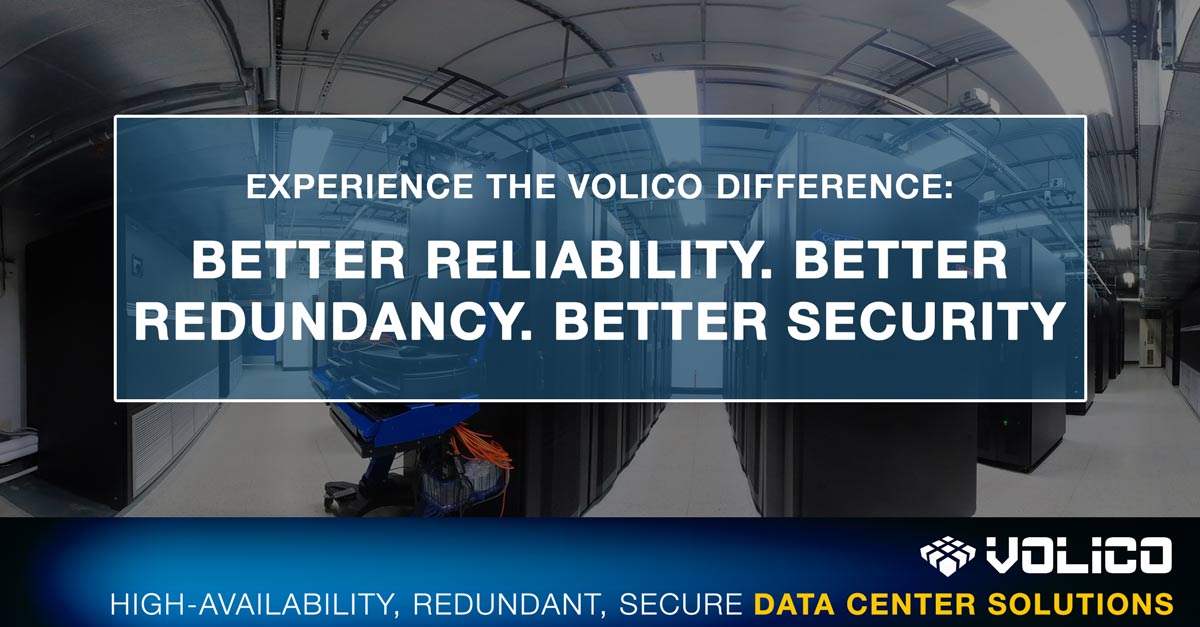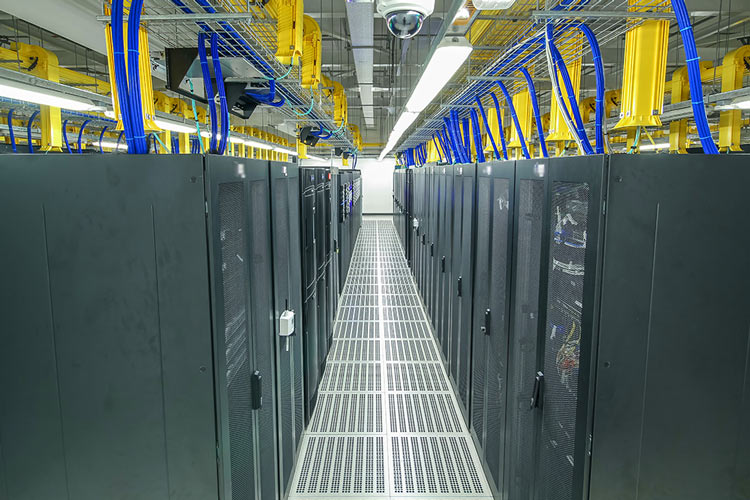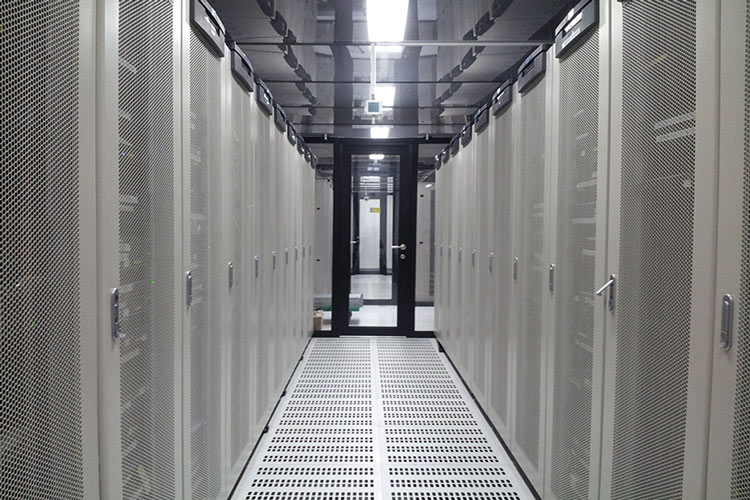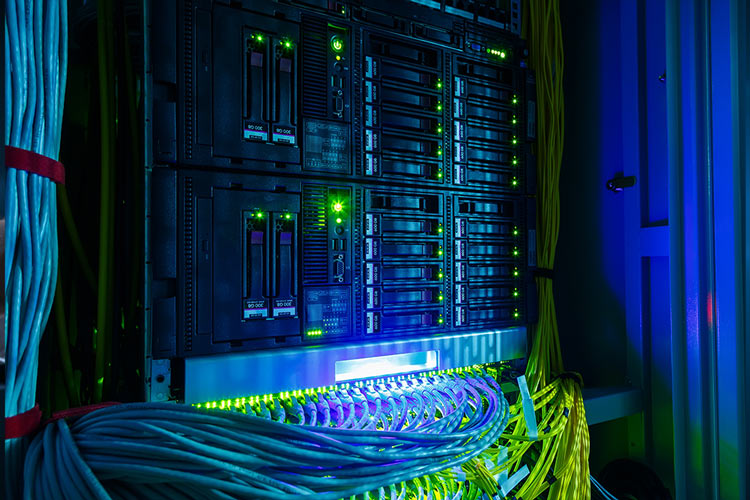Managing data and IT infrastructures securely and efficiently is a constant challenge organizations deal with. In today’s racing business world, success depends on finding the best solution to managing data and infrastructures that are reaching a level of complexity previously unimaginable. Modern colocation services have evolved to become an important part of data management strategies, offering the flexibility and reliability that are absolutely key today to thrive.
Colocation services have undergone a lot of change, transforming traditional colocation facilities renting space into indispensable business partners that offer the backbone necessary to navigate today’s complex IT landscapes.
This article looks into how colocation services have evolved to meet today’s data management needs and how modern colocation continues to stand as a pillar of business success. Let’s dig in.
Moving in Tandem With Constant Change
As data usage and business needs evolved, so did colocation services. Modern colocation isn’t merely about space and power anymore; its role in global digital strategies has become crucial.
Colocation traditionally involved businesses placing their hardware in a third-party data center, which provided a cheaper alternative to managing private data centers. This allowed businesses to focus more on core activities like product development and customer service instead of having to allocate resources to managing physical infrastructure. So, the primary concern then was securing space and power while minimizing costs.
Today, modern colocation has evolved to play a critical role in global digital infrastructure strategies, supporting advanced applications and on-demand services. Moreover, colocation data centers today are important meeting hubs where businesses can benefit from interconnection to connect with partners and service providers, opening up new opportunities.
What led to the transition in how businesses use colocation services today? In short, the answer can be summed up in the following:
- The growing importance of the edge
- The world is going hybrid
- An increasing demand for better scalability and redundancy
- And the pressing concerns around sustainability and energy efficiency.
Let’s explore them in more detail.
The Growth of the Edge
Now, that AI has stepped out of our imagination and into real life, what is expected from data centers in general has changed radically. Cutting-edge technologies like AI demand substantial volumes of data to be processed almost instantaneously. The Internet of Things, with so many interconnected devices across industries, produces a lot of data that has to be processed real-time. For these applications, processing speed is crucial, making these systems highly sensitive to any delay. Since long-distance data traveling inevitably leads to latency, relying on a few centralized data centers isn’t sufficient anymore. Instead, businesses need data centers located closer to the data source – at the network edge – to ensure quicker and more efficient processing.
Decentralizing data processing has some perks for companies: it reduces operational costs, improves performance, and better supports applications that rely on immediate data insight. And, as technologies continue to advance, the edge will become more and more critical in delivering high-quality user experiences. The growth of edge data centers is predicted to lead to colocation demand even more.
The World is Going Hybrid
Every business has different needs, which determines what kind of services it benefits the most from. Many organizations are hesitant to leverage cloud services for fear of losing control over their data. Cloud-native storage is more costly and offers less flexibility in moving data out . With data security and privacy being top concerns today, enterprises have to make sure their third-party cloud provider has the security measures and compliance required to keep sensitive data secure.
With so many different configurations today, flexibility is key to finding the optimal solution and minimizing costs. No wonder that for most businesses today, a hybrid multi cloud architecture yields the best results. This solution, however, comes with its own specific challenges. The hybrid multi cloud environment needs state-of-the-art interconnection in order to bring the desired results. Managing and securing data across multiple platforms is more critical than ever, and organizations need reliable hybrid cloud solutions that enable them to handle it seamlessly.
Demand for Better Scalability and Redundancy
The growth of data volumes presents a challenge for managing IT infrastructures, and the role of colocation providers here is crucial. Redundancy is the token of resiliency, and today’s businesses need partners that can offer them the security of business continuity. According to the Uptime Institute’s Annual Outage Analysis 2024, most outages are caused by power failures, which underlines the importance of multiple backups. UPSs, generators, and cooling – everything needs to be backed up in order to keep the equipment and data safe. Colocation providers offer redundancy in different configurations N+1, 2N, 2N+1, where N is the minimum infrastructure required to run the data center at full capacity. After an outage or major catastrophic event, redundancy is crucial to start disaster recovery and restore operations to normal as soon as possible.
Scalability allows businesses to make adjustments to the capacity as needed, on a pay-as-you-go basis. It allows to efficiently manage growth without having to suddenly make significant investments. With scalable solutions, businesses can respond to fluctuating workloads without wasting resources or experiencing a shortage. Modern colocation supports business efficiency with a robust and redundant infrastructure that ensures uninterrupted operations.
Colocation, Sustainability, Energy-Efficiency
It’s already indisputable that there’s no modern colocation without energy-efficiency standards. The recent surge of AI and AR applications is putting substantial pressure on data centers from a power consumption point of view. More intensive computing needs more efficient cooling methods that can provide better performance – with fewer resources.
As in most areas of our lives, sustainability and energy efficiency will remain top priorities in the data center industry as well. Surprisingly, cost savings and sustainability endeavors have become inseparable concepts. Consequently, operators are focusing on relying less on the grid and harnessing alternative power sources. At the same time, more efficient cooling methods are appearing globally, and compact solutions that reduce data center footprints are gaining more and more popularity.
Since decarbonization goals will be the focus in the foreseeable future, PUE (or power usage effectiveness) is worth mentioning. It is an important sustainability and energy-efficiency metric developed by the Green Grid that provides insight into a data center’s functioning. It is adopted throughout the industry for benchmarking and bettering data center power consumption. This allows enterprises to find providers that can help them reach their decarbonization goals.
New applications are expected to grow in power-hungryness, putting pressure on computing and cooling systems. As a result, modern colocation will play a key role in achieving sustainability goals. Providing robust, energy-efficient, and secure infrastructures that can help reduce carbon footprints will continue to stay crucial in the foreseeable future.
Find a Reliable Colocation Provider: Team Up With Volico
As we leap into the future, colocation providers will continue to occupy an important role in shaping modern digital infrastructures. Businesses are relying on colocation service providers more than ever for the secure and reliable basis required to run operations successfully.
At Volico Data Centers, we consider it our mission to deliver the colocation services that empower our clients to aim for their goals. Our highly secure, compliant, and scalable solutions, with 2N+X power and cooling redundancy and multi-carrier network connectivity, can provide the support to meet the challenges of a quickly changing world.
To learn more about colocation and how it shapes digital infrastructures, call (305) 735-8098 or send us a chat message.

